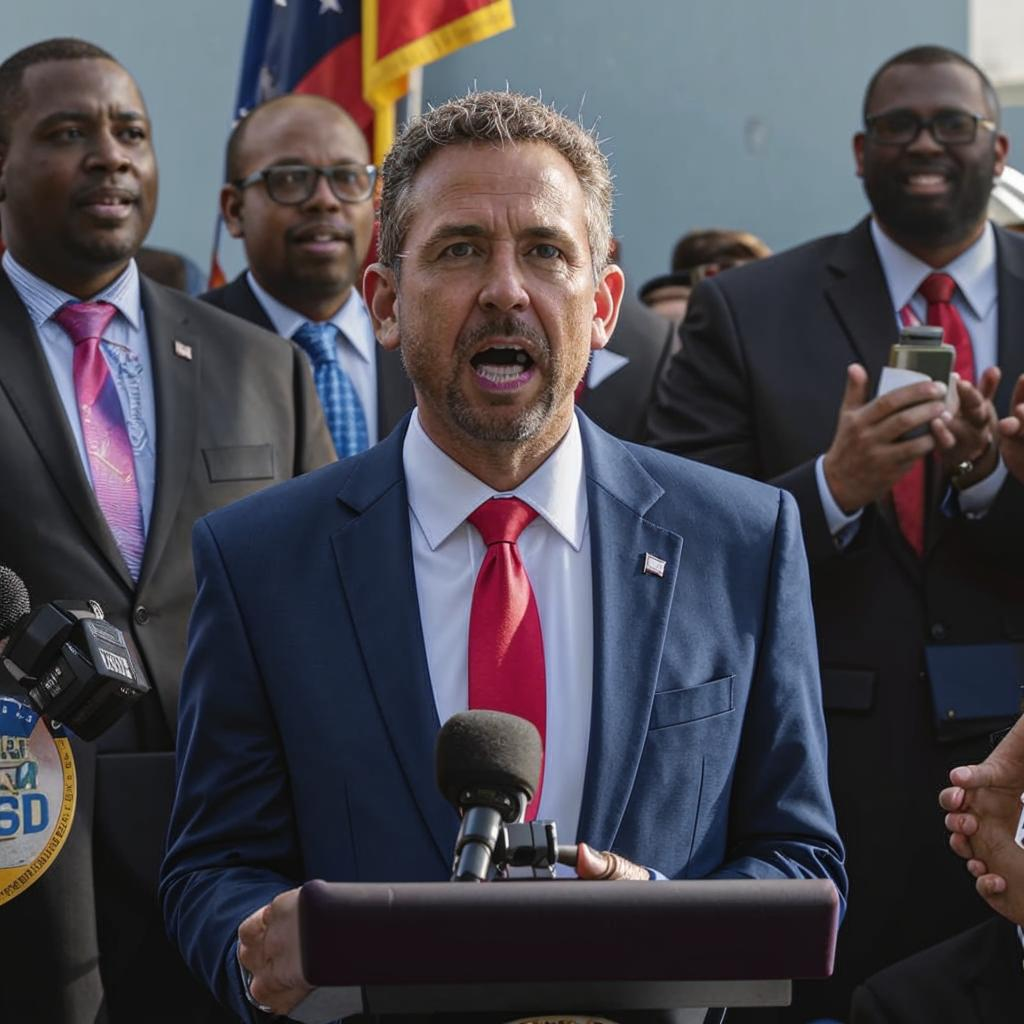Loneliness, a silent epidemic, is sweeping across America, impacting individuals of all ages and backgrounds. U.S. Surgeon General Dr. Vivek Murthy has issued a stark warning about the profound health consequences of social isolation and loneliness. Studies reveal a strong correlation between loneliness and a heightened risk of heart disease, stroke, dementia, depression, and anxiety. The economic costs are staggering, with estimates suggesting billions of dollars are lost annually due to reduced productivity and increased healthcare expenses linked to loneliness.
Several factors contribute to this growing crisis. The rise of social media, while connecting people virtually, can paradoxically lead to feelings of isolation and inadequacy. Declining participation in community organizations and religious institutions has eroded traditional social bonds. Furthermore, the increasing prevalence of remote work, while offering flexibility, can also contribute to social isolation for those lacking sufficient in-person interactions.
Addressing this epidemic requires a multifaceted approach. Promoting community engagement through volunteer opportunities, social clubs, and neighborhood events is crucial. Encouraging meaningful conversations and fostering empathy can strengthen interpersonal connections. Public health initiatives aimed at raising awareness about the dangers of loneliness and providing resources for those struggling with social isolation are essential. It’s about rebuilding a sense of belonging and reminding people that they are not alone. Building strong connections in communities is what is needed to help the people of America.











